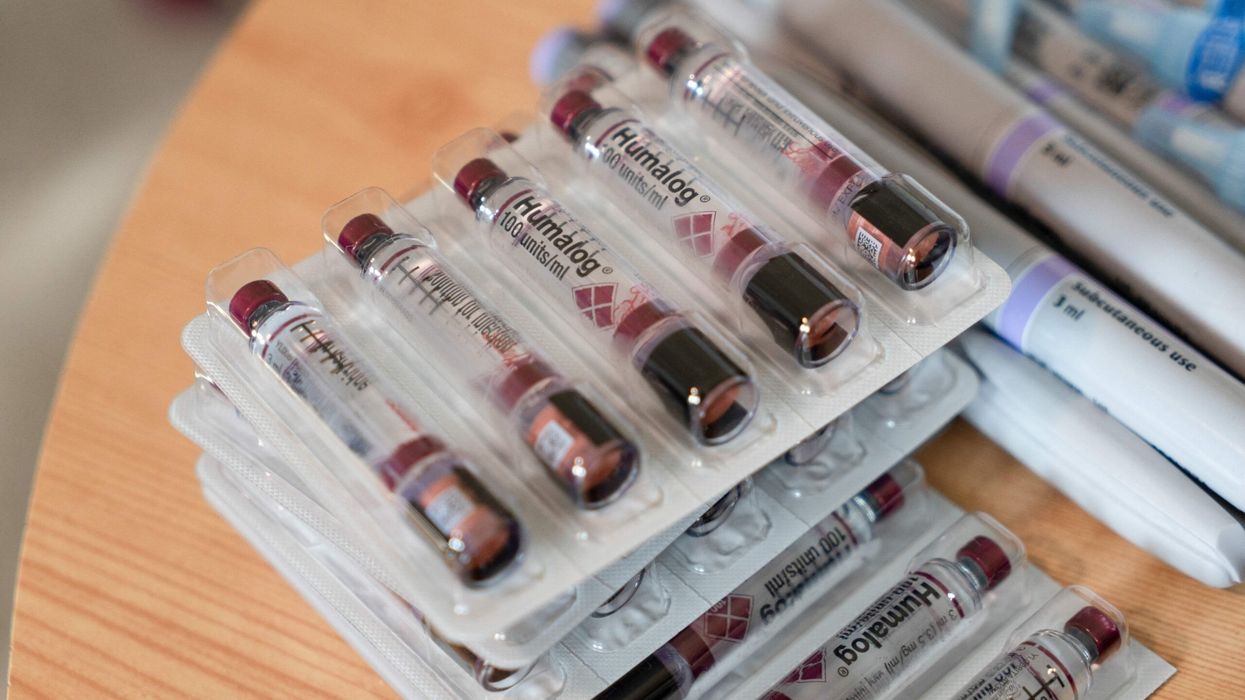As insulin shortages worsen in the United Kingdom (UK), individuals with type 1 diabetes are feeling concerned and stressed. Patients, pharmacists, and health campaigners are highlighting the urgent need for action to address this growing crisis.
With the scarcity of insulin, approximately 400,000 people with the condition face uncertainty, as some essential products won't be accessible until next year due to global manufacturing shortages.
The Juvenile Diabetes Research Foundation (JDRF) stated the vital need for a consistent insulin supply for those with type 1 diabetes, as they must manage their insulin intake daily, as reported by The Guardian.
Hilary Nathan, JDRF’s director of policy, said, “The news of any shortages could cause significant anxiety to people with type 1 diabetes.”
Nathan highlighted the concern over shortages of specific insulin formulations, particularly for patients relying on insulin pumps.
The Department of Health and Social Care (DHSC) acknowledged the “supply issues with a limited number of insulin products,” which could be distressing for patients.
One patient, an NHS doctor with type 1 diabetes, expressed her concern about the scarcity and told the newspaper: “I spent the last two days trying to get hold of insulin to treat my type 1 diabetes. I was terrified when my usual, very reliable pharmacist told me he couldn’t get hold of my insulin.”
Several insulin formulations, including Humalog, Fiasp FlexTouch, and Tresiba FlexTouch pens, are currently in short supply, with no expected availability until early next year.
James Davies from the Royal Pharmaceutical Society emphasised the anxiety caused by such shortages. He told the newspaper that, “When someone is unable to get the medicine they need, it can put their health at risk and destabilise their condition.”
The NHS has reassured patients that alternative formulations could be used during shortages but acknowledged that inappropriate dosing advice during switches had led to complications for some patients.
Mike Dent from Community Pharmacy England expressed concerns about the strain on community pharmacies due to medicine shortages, including those affecting insulin. “The impact of medicine shortages on patients and our community pharmacies continues to be a deep concern. It is a battle to keep up with the large number of medicine supply issues”, he said.
Paul Rees from the National Pharmacy Association urged the government to address the fragile medicine supply system in the UK.
A DHSC spokesperson assured patients that efforts were being made to resolve the supply issues and advised concerned individuals to consult their clinicians.





